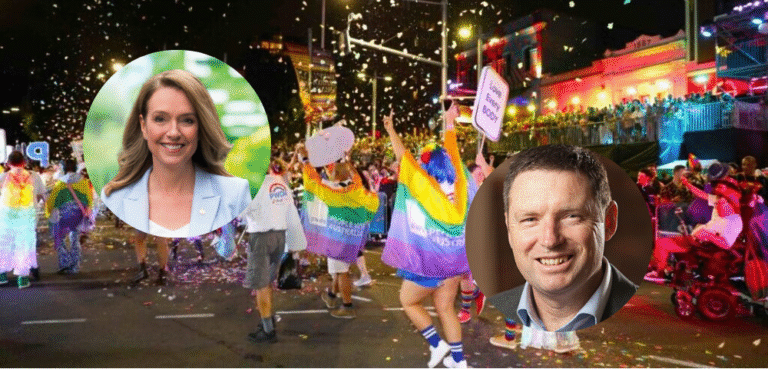
‘Australia’s vote on marriage equality changed everything, and nothing’: Christine Forster
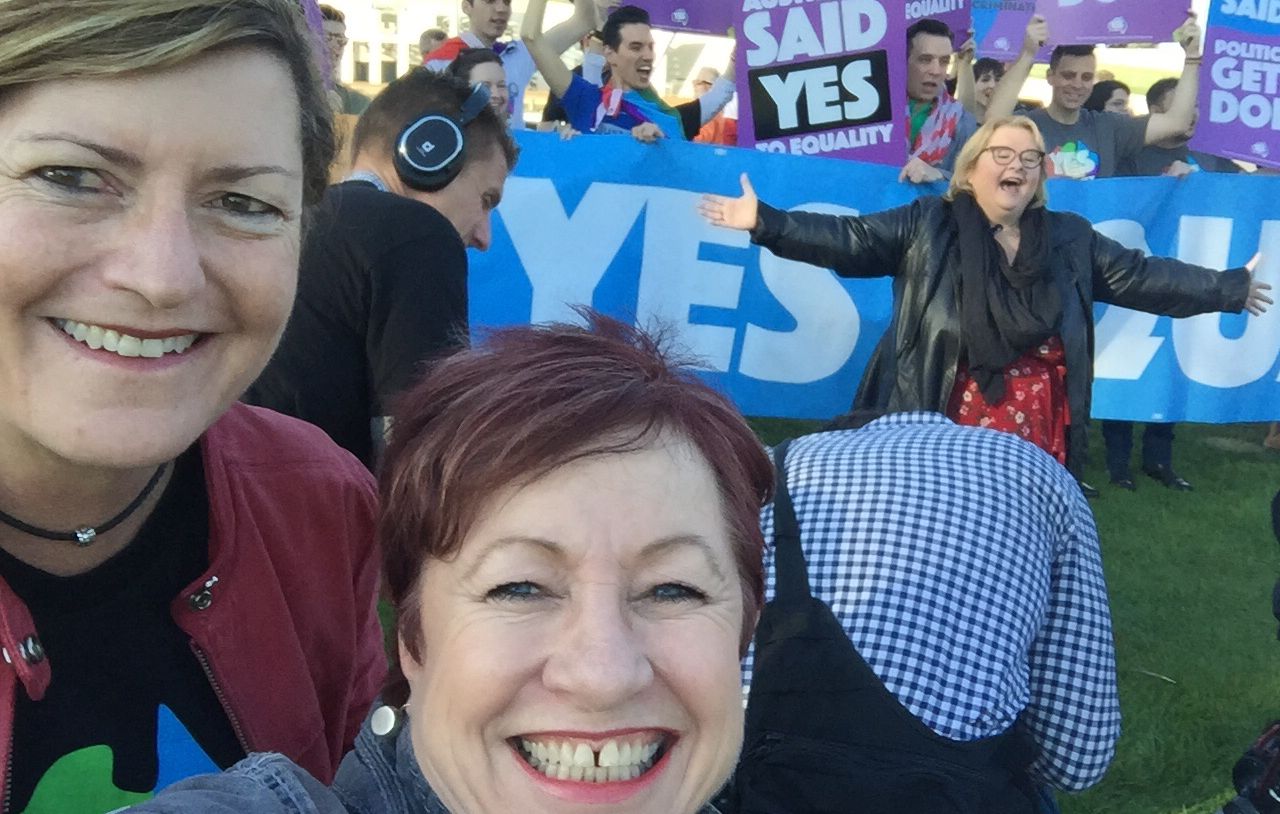
Liberal councillor Christine Forster was an outspoken advocate for marriage equality, and married her partner Virginia Edwards earlier this year.
Here she reflects on the anniversary of the Yes win, and how it did (or didn’t) impact the lives of Australians.
***
What’s changed in the one year since a crowd of many thousands gathered in Prince Alfred Park to hear the announcement of the result of last year’s vote on marriage equality?
Everything and yet nothing.
There can be no doubt that November 15, 2017 marked a point in Australia’s history when we became a different, better nation.
It was the day the big-hearted Australian people made a resounding statement that we should all be equal before the law and all be given a fair go, irrespective of who it is we love.
That morning was the culmination of more than five years of public campaigning for me and my then fiancée Virginia.
That is a much shorter period than for many others in the LGBTIQ community, but for us it was the end of a long haul that had been an emotional rollercoaster of highs when we thought the political will for reform was shifting, and lows when those hopes were repeatedly dashed.
For me, many of those disappointments were particularly poignant, because they were engineered by my brother Tony Abbott, who was at the vanguard of the government’s resistance to change over the period from 2013 to 2017.
I felt them most because they were the political realisation of a profound difference of opinion between me and a beloved, respected sibling.
For Virginia it was about the hurt of having to ask for the permission of others to marry the person she loved. It was about the daily need to justify the quality and significance of her primary relationship.
We arrived at the park that morning with feelings of trepidation. We left with our hearts full of relief, joy, and love. We also left with certainty.
No one on the Yes side of the campaign wanted a plebiscite.
We expected our elected politicians to reflect the will of the people, but instead they spent the years from 2012 treating marriage equality as a political football.
But that day in November 2017 changed all of that.
Despite the hurt, anger, and grief that came with the postal plebiscite, the Australian people delivered a verdict that can never be denied, never be refuted, and never be overturned.
The decision of the people is above politics in a way that a process delivered by politicians never could have been.
And what difference did the vote make to any heterosexual person who was already married, planning, or contemplating a marriage? None.
What practical difference to our social, judicial, governmental, or economic institutions? None.
Since then though, Virginia and I have planned, organised, and held a wedding, and re-settled into our life as a married couple.
Our relationship is still what it always was: committed; loving; intimate; and generous.
But now it is also recognised as special under the law, just like the relationships of millions of other Australians. Just like them, we’ve felt a deepened bond from going through the formal steps of pledging our love and commitment to each other in front of friends and family.
And we are happier and closer for having done that.
So nothing has changed, and yet everything has.
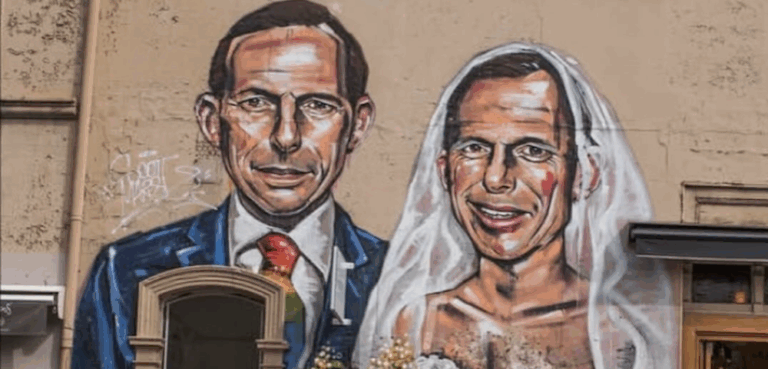
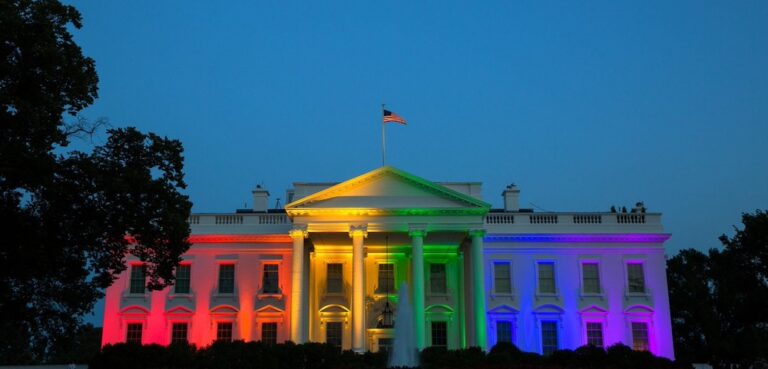
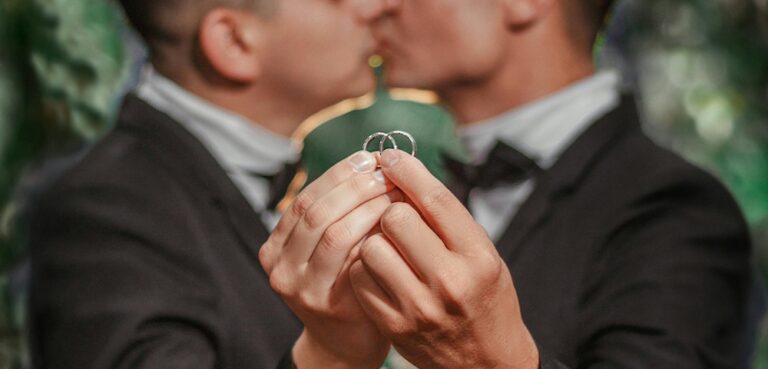
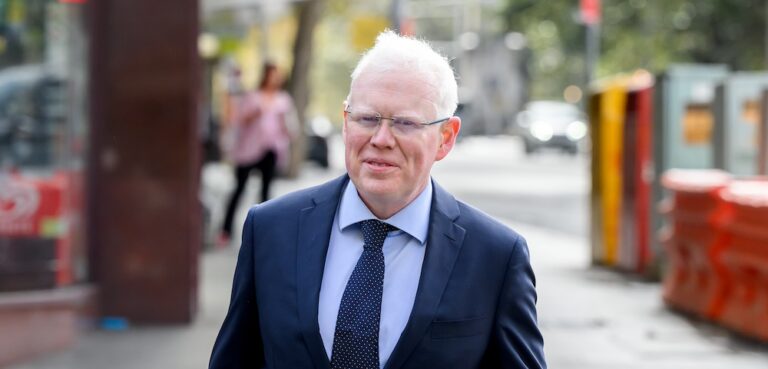
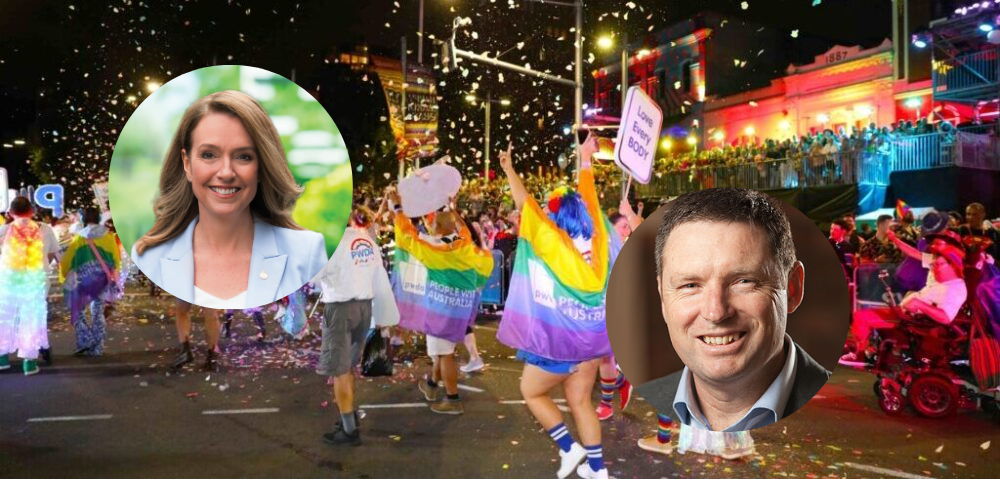
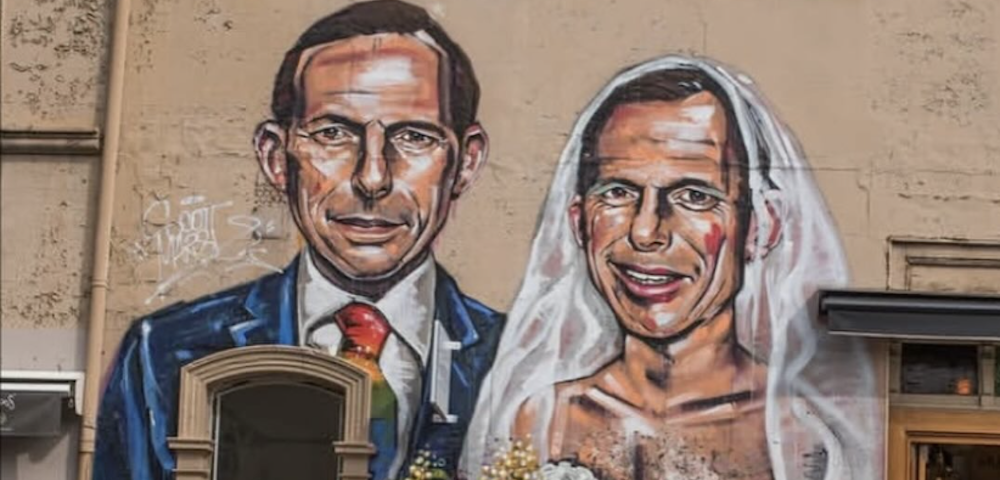

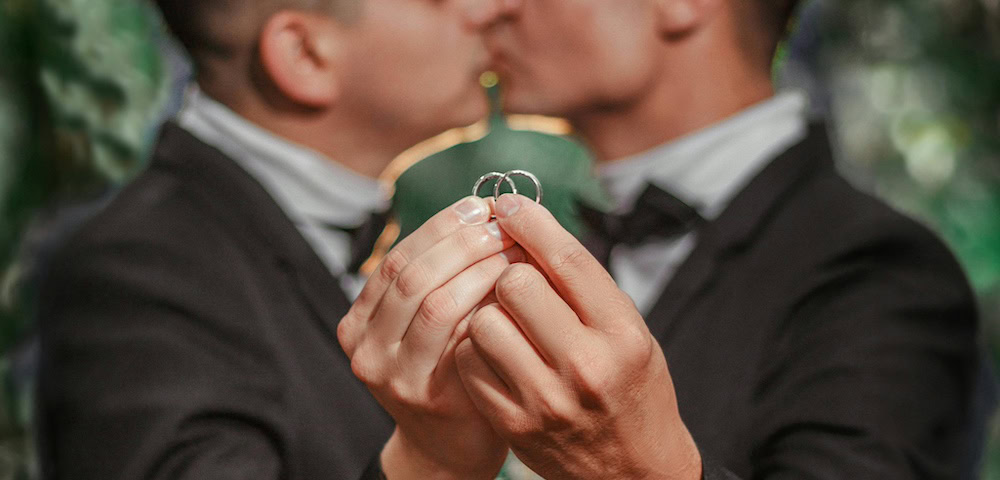
I admire the dignity that Christine displayed constantly over this time when it must have been extremely frustrating and hurtful on a very personal level for her! Christine was one of the sane voices on our side that we desperately needed – proving that gay rights is not a left/right thing – but a human rights issue that cuts across all political party lines and even into families.
I’d like to hear more stories from LGBTIQ people who have been openly out and proud the majority of their adult lives , we seem to have over representation from those that came out late in life , but seem to believe that gives them the right to speak for all of us , I’m sorry but we’re you there when the AIDS epidemic hit and decimated generations of Gay Men or where you there fighting for decriminalisation or Gay Rights Movement in the Mid 80s , well I was and I don’t hear enough from the True Elders of our community , just the blow ins